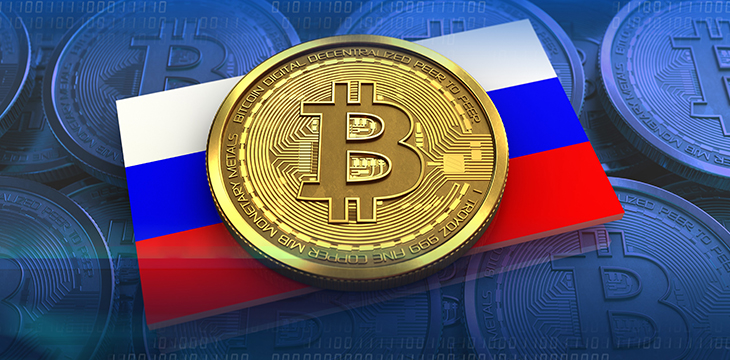
|
Getting your Trinity Audio player ready... |
The Russian Federal Financial Monitoring Service, also Rosfinmonitoring, Russia’s Anti-Money Laundering and Counter-Terrorism Financing regulator, said that it has been making breakthroughs in tracking digital assets transactions but still hopes to improve its capacity.
Rosfinmonitoring’s head Yuri Chikhanchin told Reuters that the agency has been using software to track digital assets transactions and has also identified specific criminal use cases of the assets.
However, Rosfinmonitoring wants to expand its capacity towards being able to identify transactions and blockchains that are currently hidden. This enables it to cover AML/CFT loopholes, especially when the transactions are connected to jurisdictions that do not have any regulations for the industry.
“It is very difficult when cryptocurrency accounts go into the unregulated zone and we don’t understand who is on the other end. But I think we will still solve this task,” he said.
His remarks are coming from Russia’s plans to introduce broad digital assets and blockchain regulations. Reuters also noted that Anatoly Aksakov, head of the financial committee in Russia’s lower house of parliament, has revealed that the draft legislation on regulating digital assets would be put to the house in the autumn session.
Aside from helping to give clarity to digital assets firms, the regulation will help curtail addiction to digital assets investing. Russian lawmakers are calling the phenomenon “cryptomania” and are comparing it to gambling addiction. Meanwhile, Aksakov also expects the timeline for debate on Russia’s block reward mining law to be disclosed soon.
Russia’s digital assets regulations efforts so far
Russia’s stance on digital assets has shifted significantly since it began its war on Ukraine. This shift has been most apparent in the Central Bank of Russia (CBR), which went from proposing to ban digital assets and block reward mining to supporting their adoption and regulation.
This year, Russia has been accelerating its digital assets regulations efforts with several bills already approved by parliament and awaiting further review to be made into law. Bills passed recently that fall into this category include the VAT exemption for digital assets issuers and the ban on using digital assets in making payments.
In the same vein, Russia is pushing more purposefully for the rollout of its central bank digital currency (CBDC)—the digital ruble. The CBR has confirmed that the platform will onboard real transactions by 2023 and is intended to be a replacement for SWIFT.
Watch: The BSV Global Blockchain Convention panel, Blockchain for Government Data & Applications
https://www.youtube.com/watch?v=ggbZ8YedpBE&t=30603s
Recommended for you
Lorem ipsum odor amet, consectetuer adipiscing elit. Elit torquent maximus natoque viverra cursus maximus felis. Auctor commodo aliquet himenaeos fermentum
Lorem ipsum odor amet, consectetuer adipiscing elit. Accumsan mi at at semper libero pretium justo. Dictum parturient conubia turpis interdum

 11-22-2024
11-22-2024


